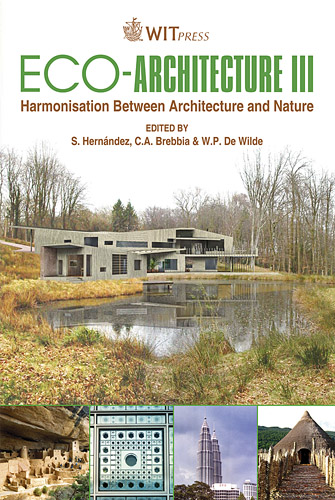Eco-aesthetics: Nurturing Nature In The Education Of Spatial Design
Price
Free (open access)
Transaction
Volume
128
Pages
9
Page Range
505 - 513
Published
2010
Size
3412 kb
Paper DOI
10.2495/ARC100431
Copyright
WIT Press
Author(s)
R. Reed
Abstract
Providing opportunities to investigate new biophilic forms in architecture and interior design rather than taking a human centred approach to design redirects beginning design students’ imagination towards a nature-centred approach with the freedom to explore creative approaches to design using natural forms. In this methodology, the focus on design aesthetics provided by nature can be examined more closely void of traditional design constraints. Additionally, nature influences and fosters new methods for academicians with the utmost goal to build a greater awareness, sensibility, appreciation and placed value upon nature as a form-giver in the built environment. A series of spatial exercises were assigned using natural forms selected by the students. Biophilic and fractal design patterns were analyzed, sketched, and modelled in prototype form. Lastly, each student generated physical models of architectural structures, interior space plans and product design, which might include furniture, lighting, and other consumer oriented products, each resulting from patterns observed using the natural forms. This theoretical approach to teaching beginning space design provides a platform for students to draw from during advanced design studios. From these exercises, students were able to generate design solutions using natural forms more efficiently and quickly; most importantly, the results were far more creative as a result of looking outside for design inspiration inside. Keywords: biophilic design, fractal patterns, nature, interior design, pedagogy. 1 Introduction The natural environment has been a source of wonder and inspiration for millennia. It is not uncommon to see our natural environment as a catalyst for the production and use of everyday objects to connect on a physical, emotional,
Keywords
biophilic design, fractal patterns, nature, interior design, pedagogy





